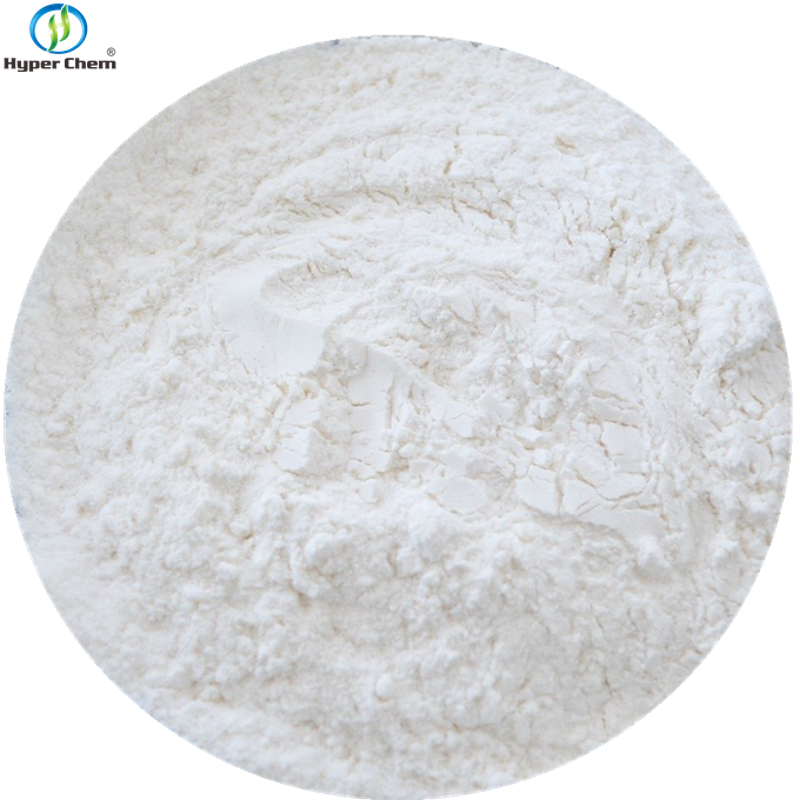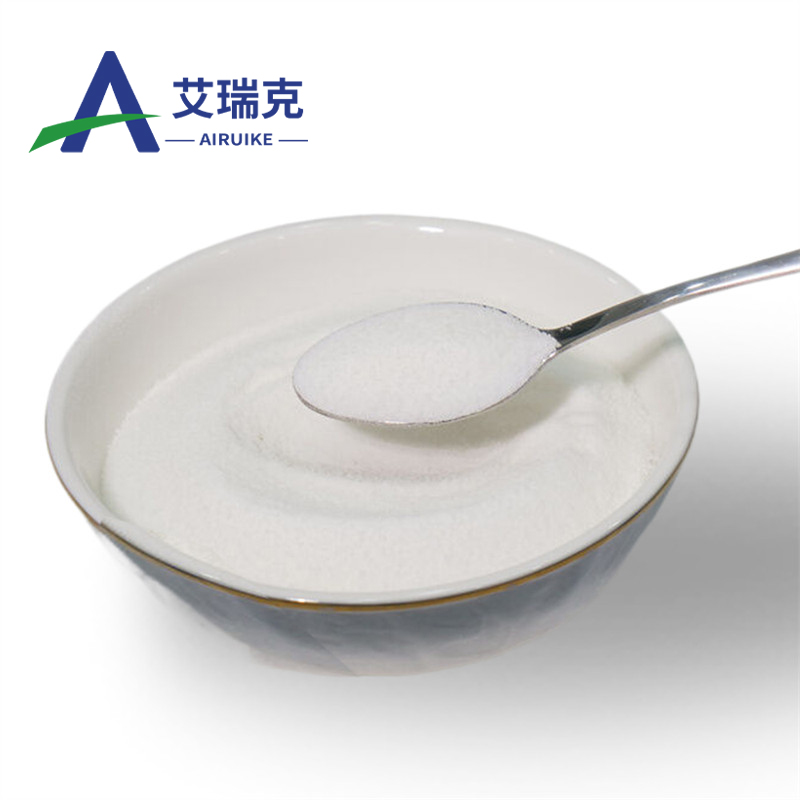-
Categories
-
Pharmaceutical Intermediates
-
Active Pharmaceutical Ingredients
-
Food Additives
- Industrial Coatings
- Agrochemicals
- Dyes and Pigments
- Surfactant
- Flavors and Fragrances
- Chemical Reagents
- Catalyst and Auxiliary
- Natural Products
- Inorganic Chemistry
-
Organic Chemistry
-
Biochemical Engineering
- Analytical Chemistry
-
Cosmetic Ingredient
- Water Treatment Chemical
-
Pharmaceutical Intermediates
Promotion
ECHEMI Mall
Wholesale
Weekly Price
Exhibition
News
-
Trade Service
Risperidone is a medication used to treat mental illnesses such as schizophrenia, bipolar disorder, and irritability associated with autism.
It is produced by pharmaceutical companies and forms an integral part of the healthcare industry.
However, the production of Risperidone involves several stages, starting from the extraction of the active ingredient from the plant source, to the final formulation of the drug.
This process involves both upstream and downstream products.
Upstream products refer to the raw materials required for the production of the final product.
In the case of Risperidone, the upstream products include the plant source from which the active ingredient is extracted, as well as the chemicals used in the extraction process.
The plant source for Risperidone is the soil bacterium Streptomyces roseosporus, which is cultured in a laboratory setting.
Once the active ingredient is extracted, it undergoes several purification steps to isolate the pure form of the drug.
Downstream products, on the other hand, refer to the final product, which in this case is Risperidone.
However, before the drug can be formulated, it undergoes several processing stages.
For instance, the pure active ingredient is formulated into a liquid suspension, which is then dried and processed into a fine powder.
This powder is then compressed into tablets, which are the final form of the drug.
The production of Risperidone is a complex process that involves several stages, from the extraction of the active ingredient from the plant source, to the formulation of the final product.
Each stage of the production process has its own set of upstream and downstream products.
For instance, the plant source for Risperidone is the soil bacterium Streptomyces roseosporus, which is cultured in a laboratory setting.
The extraction of the active ingredient from the plant source involves several steps, including the preparation of the growth medium, the inoculation of the growth medium with the bacteria, and the isolation of the active ingredient.
The growth medium is prepared by dissolving the necessary nutrients in a liquid medium, which is then inoculated with the bacteria.
The bacteria are allowed to grow for several days, after which they are harvested and the active ingredient is extracted.
Once the active ingredient is extracted, it undergoes several purification steps to isolate the pure form of the drug.
The purification process involves several techniques, including chromatography and filtration.
The pure active ingredient is then formulated into a liquid suspension, which is then dried and processed into a fine powder.
This powder is then compressed into tablets, which are the final form of the drug.
The production of Risperidone also involves several downstream products, including the tablets, the liquid suspension, and the powder used in the formulation process.
These downstream products are essential for the final product, and their quality and purity play a crucial role in ensuring the efficacy and safety of the drug.
In conclusion, the production of Risperidone involves several stages, from the extraction of the active ingredient from the plant source, to the formulation of the final product.
Each stage of the production process has its own set of upstream and downstream products.
The upstream products include the plant source from which the active ingredient is extracted, as well as the chemicals used in the extraction process.
The downstream products include the final form of the drug, the liquid suspension, and the powder used in the formulation process.
The production of Risperidone is a complex process that requires the coordination of several steps, and the quality and purity of the final product rely on the efficiency and accuracy of each stage of the production process.







